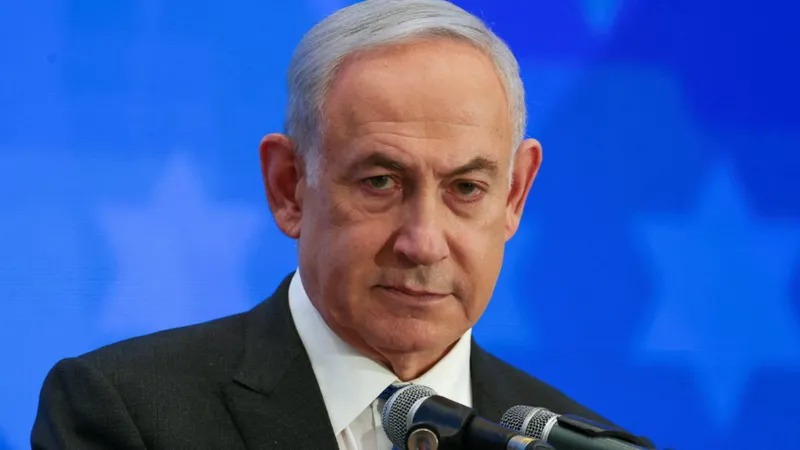Israel’s Strategic Moves: Assessing Reactions to Iran’s Drone and Missile Attacks
Current Situation:
- The Israeli military reports that 99% of the missiles and drones fired by Iran overnight were intercepted before hitting their targets.
- Iran claims the assault was retaliation for a deadly attack on an Iranian diplomatic compound in Syria two weeks prior.
- The response from Israel and the international community depends on Israel’s decision regarding how to respond to the attack.
Israel’s Potential Response:
- Strategic Patience: Israel could exercise strategic patience, refraining from direct retaliation and instead continuing to target Iran’s proxy allies in the region, such as Hezbollah in Lebanon or military supply sites in Syria.
- Calibrated Strikes: Israel might retaliate with carefully calibrated, long-range missile strikes, targeting only the missile bases from which Iran launched the attack. This would still be viewed as an escalation by Iran, as it would mark the first direct Israeli attack on Iranian territory.
- Broadened Response: Israel could broaden its response by targeting bases, training camps, and command-and-control centers belonging to Iran’s Revolutionary Guards Corps (IRGC). However, this option risks further retaliation by Iran and escalation of the conflict.
Potential Escalation:
- Any escalation of the conflict between Israel and Iran could draw in the United States, leading to a full-scale confrontation.
- The US has military facilities in the region that could become targets for Iranian retaliation, potentially sparking a broader conflict involving Gulf states and risking disruption to global oil supplies.
- Iran could also attempt to close the strategically vital Strait of Hormuz, further escalating tensions and potentially sparking a region-wide conflict.
Efforts to Avoid War:
- Many governments are working to avoid a region-wide war, recognizing the potential catastrophic consequences of further escalation.
- Diplomatic efforts are underway to de-escalate tensions and prevent further military confrontation between Israel, Iran, and their allies.
The situation remains highly volatile, with the potential for further escalation or diplomatic resolution depending on the actions taken by Israel and other involved parties.


















